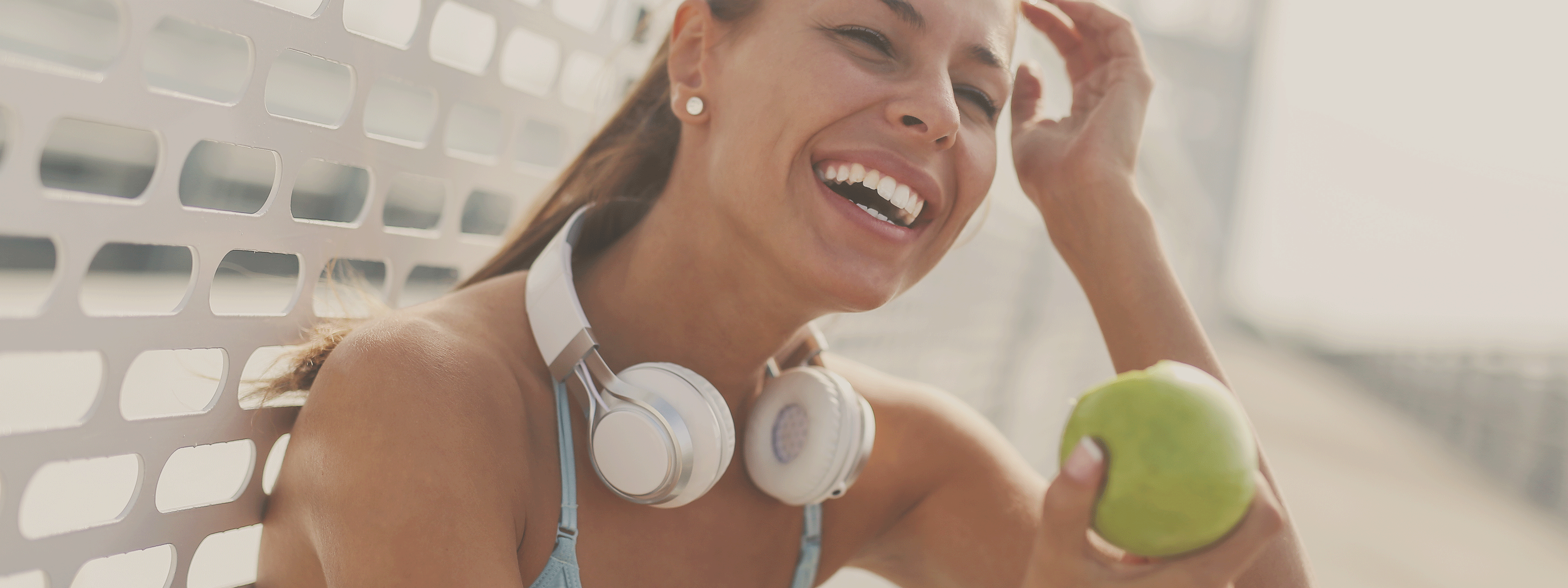
NUTRITION AND SPORT: EXPERT TIPS FOR A BALANCED AND NATURAL DIET
Dr. Iader Fabbri, Nutrition Biologist
When it comes to nutrition and sport, many misconceptions arise — often based on personal experience. However, what works for one person may not necessarily work for another.
Traditionally, nutrition has been viewed through the caloric lens: “burn as many calories as you consume,” or “to lose weight, eat less and create a calorie deficit.”
But this simplistic approach doesn’t consider the many physiological and hormonal factors that influence athletic performance.
The calorie-based view dates back to the post-war era and is rooted in thermodynamic principles — useful for engines, but the human body is not a combustion engine.
An athlete is not “burning” calories like fuel; rather, they are managing a complex biological system that responds hormonally to food.
For decades, the science of sports nutrition has focused on using food as a tool to create specific hormonal responses in the body — before, during and after exercise.
This is the approach I’ve always taught, both in my clinical practice and in the field, working with national teams, professional athletes and champions throughout my 22-year career.
The Three Phases: Before, During and After Sport
The post-sport phase, especially for amateur athletes, can be simple — it’s a moment to enjoy food and relax. Many sports include a “third half” not only to recover physically but to unwind mentally after training or competition.
During sport, depending on the activity, we know that quick sugars are essential to sustain effort, especially for long durations — carbohydrates from foods you enjoy or energy gels and bars can help.
But the most delicate and crucial moment is the pre-sport phase.
Managing Blood Sugar for Peak Performance
Controlling blood glucose levels — the amount of sugar in your blood — is key not only for athletes but also in daily life.
Before a competition, stabilizing blood sugar ensures your body is ready for optimal physical and mental performance.
Ideally, the pre-race meal should be eaten three hours before exercise, to allow digestion to complete and ensure full blood flow to working muscles.
To keep blood sugar stable, the meal must be balanced, avoiding the common mistake of consuming large amounts of carbohydrates (bread, pasta, pizza, potatoes, sugar).
A high-carb meal before a race spikes blood glucose, leading to a surge of insulin that quickly lowers sugar levels and stores excess energy as fat — exactly what you don’t want before performing.
As a result, you may start with low blood sugar and high insulin, preventing your body from efficiently using fat as an energy source — even if your training has conditioned it to do so.
The Ideal Pre-Sport Meal
A balanced pre-sport meal should include:
-
A moderate portion of carbohydrates (e.g., pasta or rice)
-
A source of protein (e.g., chicken, fish, eggs, or plant protein)
-
A healthy fat like extra virgin olive oil
This combination helps maintain stable blood sugar levels, supports hormone balance, and allows your body and mind to perform at their best when it matters most.






Leave a comment
This site is protected by hCaptcha and the hCaptcha Privacy Policy and Terms of Service apply.